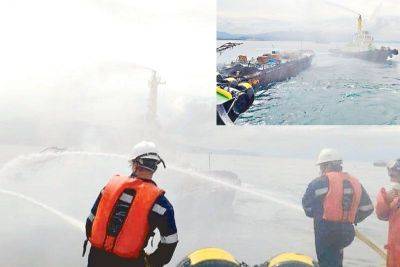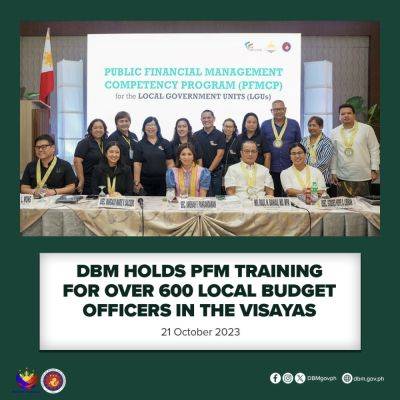Hoping BBM pulls off a Park Chung Hee
South Korea’s 60-year rise from impoverished nation to a bona fide industrial powerhouse is among the greatest success stories of our generation.
Owing that South Korea celebrated its National and Armed Forces Day yesterday, I find it fitting to narrate the story of South Korea not only as a tribute to President Yoon Suk Yeol, Ambassador Lee Sang-hwa and the Korean people, but more so to provide important lessons to our political leaders, especially to President Marcos Jr.
If there is any take-away from South Korea’s story, it is that the national vision always starts from the top or from the President himself; that the only way to achieve sustainable prosperity is through the development of industries; that the focus, grit and determination of the President determines the extent by which the national vision is achieved; that correct policies pave the way to national prosperity (its all about policy); that government’s principal role is to eliminate the obstacles that stand in the way of industrial development whilst giving support to the entities that drive industry; that in the appropriation of scarce resources, the President must prioritize industrial development above all else; that without class-leading industries, a country will remain poor or, at most, trapped in middle income.
Conditions in the Philippines today are different from that of South Korea when it started its assent in 1962. Whereas South Korea built their fortunes on heavy industries and exports, these are no longer viable for the Philippines, given our relatively high labor and power costs and absence of foundational industries like iron and steel and petrochemicals. The Philippines’ sweet spot (and competence) lie in high-value services that include software development, machine learning, robotic process automation, artificial intelligence, nanotechnology and the like. Global leadership in these realms is what our economic policies should focus on.
Although the thrusts of South Korea in the 60s and present day Philippines may differ, President Marcos can learn valuable lessons from the leadership style of President Park Chung Hee, the architect of the Korean economy.
South Korea was among







